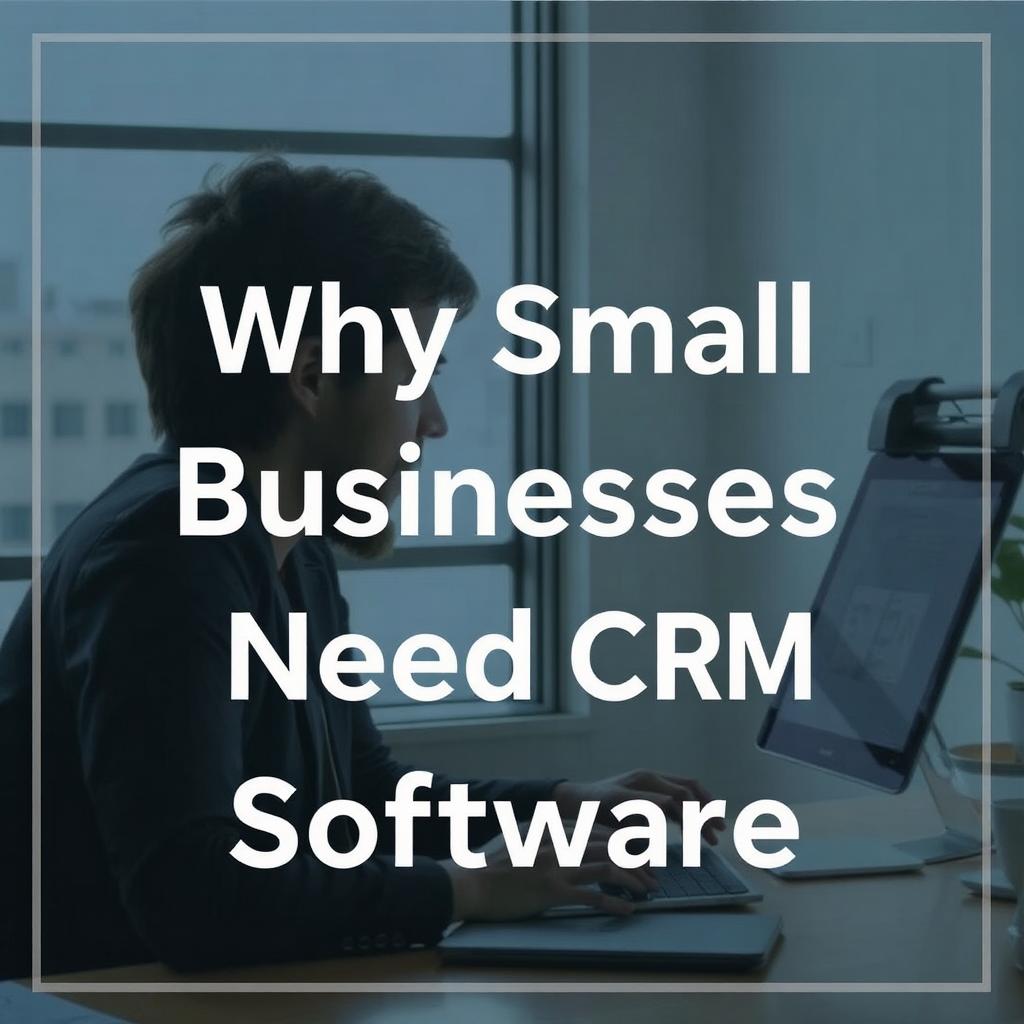In 2025, small businesses face increasing competition in a rapidly evolving marketplace. To stay ahead, they must deliver personalized customer experiences, streamline operations, and make data-driven decisions. Customer Relationship Management (CRM) software has become an essential tool for small businesses, offering features that enhance productivity and drive growth. Here’s why investing in CRM software is a game-changer for small businesses.
1. Simplified Contact Management
CRM software centralizes all customer and prospect information in one place. This makes it easy to track interactions, manage contact details, and ensure no lead or customer is overlooked.
2. Better Sales Tracking
Small businesses can use CRM tools to track sales activities, monitor pipelines, and forecast revenue. These insights help teams focus on high-priority leads and close deals more efficiently.
3. Enhanced Customer Relationships
Building strong relationships is crucial for small businesses. CRMs enable personalized communication by storing customer preferences, purchase history, and previous interactions, ensuring every interaction feels tailored.
4. Improved Team Collaboration
CRM platforms provide a shared workspace for team members to access customer data and updates. This collaboration ensures everyone stays aligned and improves the overall customer experience.
5. Automation of Routine Tasks
Small businesses often operate with limited resources. CRM software automates repetitive tasks like data entry, email follow-ups, and appointment scheduling, freeing up time for teams to focus on strategic activities.
6. Affordable and Scalable Solutions
Modern CRMs offer affordable plans designed specifically for small businesses, with options to scale as the business grows. Tools like HubSpot, Zoho, and Freshsales provide flexibility without breaking the budget.
7. Data-Driven Decision Making
With built-in analytics and reporting tools, CRMs provide valuable insights into customer behavior, sales performance, and marketing effectiveness. These insights enable small businesses to make informed decisions and optimize their strategies.
8. Streamlined Marketing Efforts
CRM software integrates with marketing tools to help small businesses manage campaigns, segment audiences, and measure results. This ensures more targeted and cost-effective marketing efforts.
9. Increased Customer Retention
Retaining customers is more cost-effective than acquiring new ones. CRMs help track customer interactions, send personalized follow-ups, and identify opportunities for loyalty programs, boosting retention rates.
10. Competitive Advantage
In 2025, even small businesses must leverage technology to remain competitive. A CRM provides the tools to deliver exceptional customer experiences, streamline processes, and scale operations, giving small businesses an edge over competitors.
For small businesses, adopting CRM software in 2025 isn’t just an option—it’s a necessity. By streamlining operations, improving customer relationships, and enabling smarter decision-making, CRMs empower small businesses to thrive in an increasingly competitive landscape.



